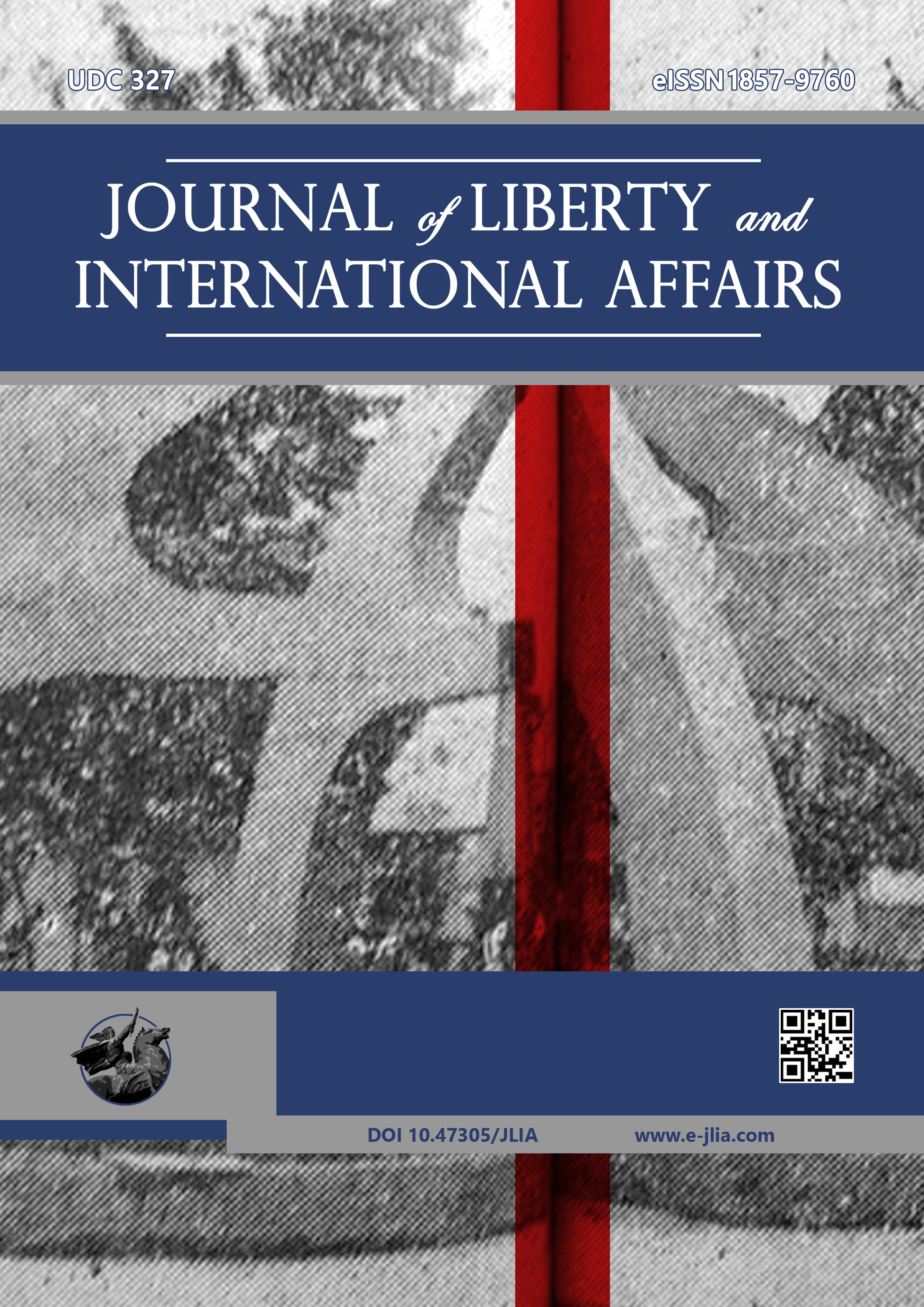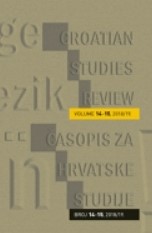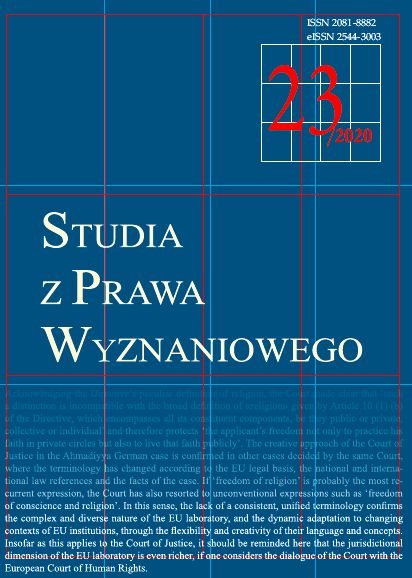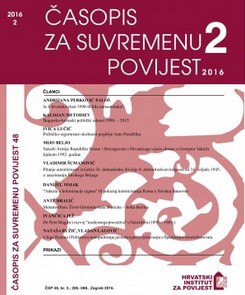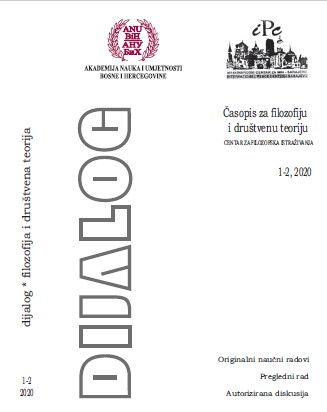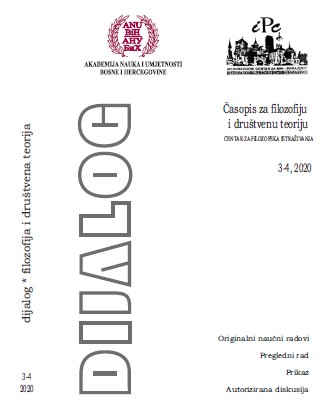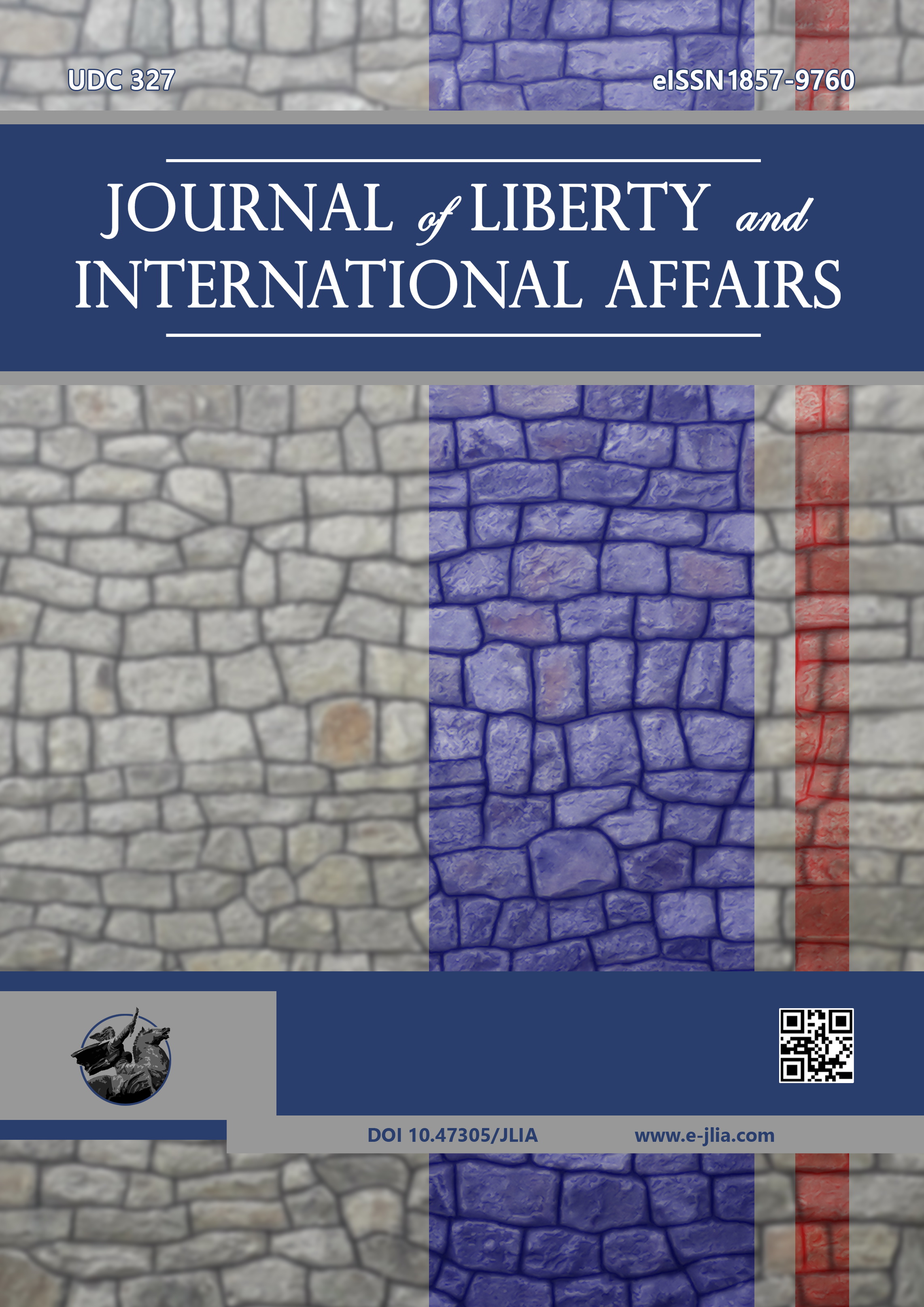Stan wyjątkowy, stan wojenny i stan wojny w konstytucjach i aktach prawnych Rzeczypospolitej Polskiej
Due to historical conditions, Poland had to be engaged in military actions as well as wars in order to build its statehood. At the same time the governments had to use states of emergency in order to secure the safety of its citizens. The following article presents laws and regulations concerning emergency states, martial law and state of war included in the Constitution as well as other legal acts from the years 1921 – 1989. The article also shows institutions and entities authorized to introduce emergency states and explains the background and legal basis of introducing them. The summary presents legal acts which allowed the introduction of the martial law in 1981, selected documents from The Institute of National Remembrance concerning the martial law decree and the verdict of Constitutional Tribunal declaring the mode of the imposition of the martial law as inconsistent with the Constitution of the Polish Republic.
More...
